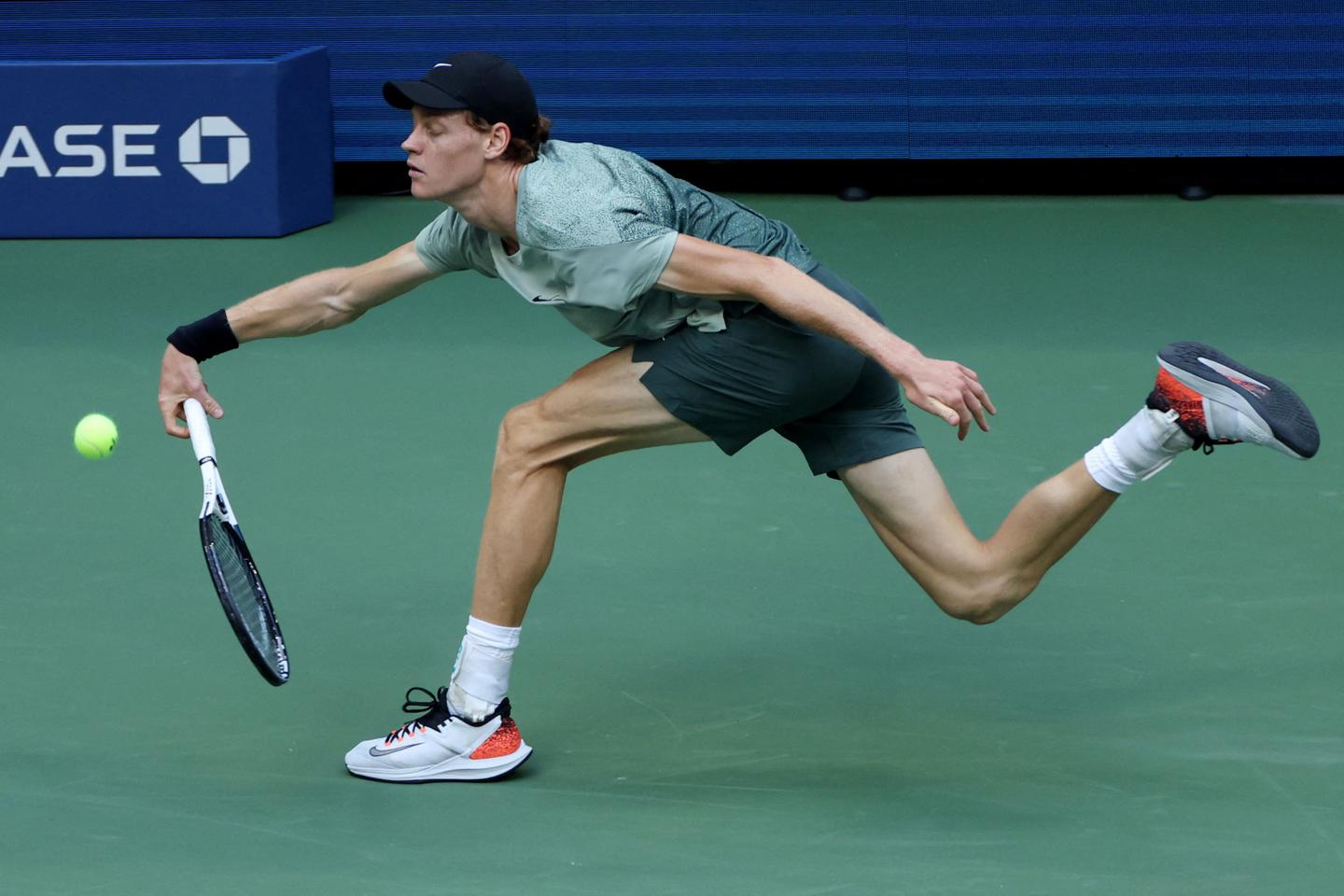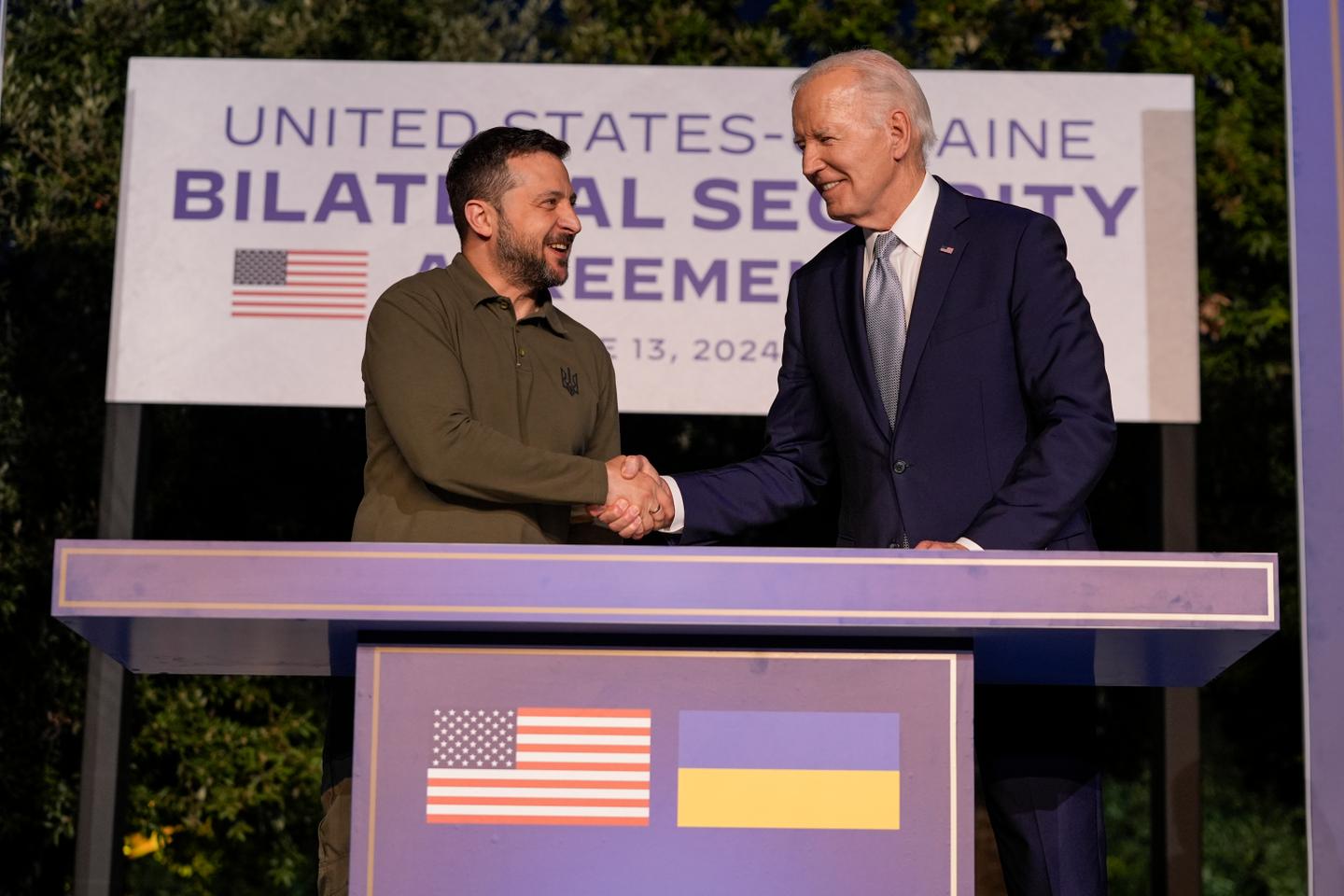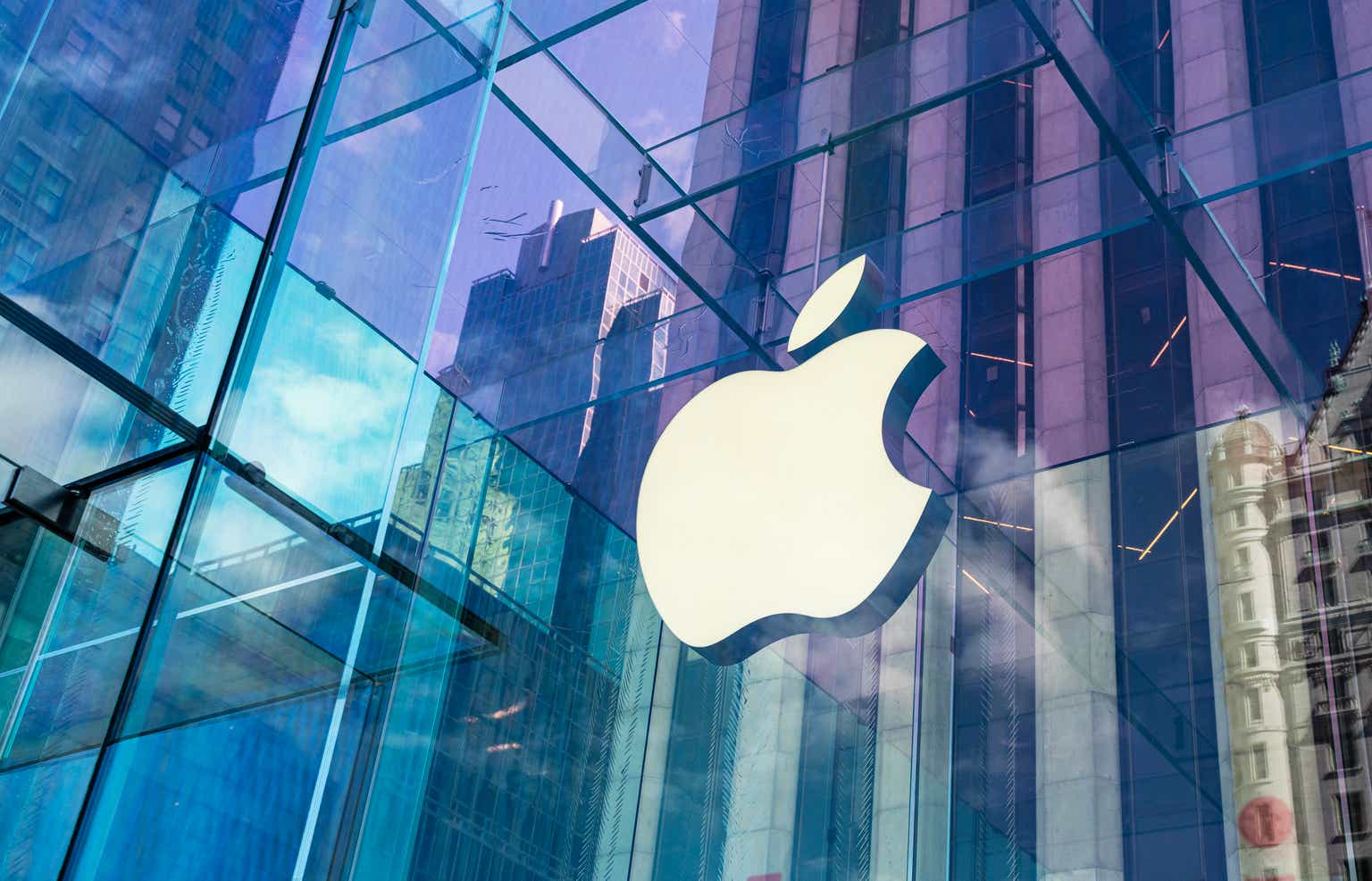In a busy café in north-western Tehran, with loud western music blasting from speakers, Vahid said he would not cast his vote in Friday’s presidential election.
“Why should I vote in a system where there is repression and corruption?” he said. The 30-year-old architect said he would stay away “because I’m living in economic stress and I don’t have job security, and because normality, freedom and peace of mind are lacking from my life”.
Five weeks after president Ebrahim Raisi was killed in a helicopter crash, Iran is gearing up for a snap vote that has sparked a fierce debate between those planning to take part and those convinced that within the country’s tightly controlled political system, and against a backdrop of economic misery, voting would be pointless.
Polls in domestic media have predicted a turnout of about 50 per cent, with a close race among three top candidates. The outcome on Friday will largely depend on whether voters such as Vahid change their minds and cast their ballots. If no candidate gets more than 50 per cent, voting will proceed to a second round.
Many voters had become disengaged for reasons including distrust of the political system and a reluctance to deliver the political legitimacy the regime seeks.
Some have also sought to protest against economic ills — after Iranian households suffered sharp increases in the cost of living — and social restrictions such as limits on women’s participation in public life, analysts said. Some, like Vahid, feel voting would make little difference. But if these disgruntled voters do turn out on Friday, that could swing the outcome towards the reformist candidate.
Most popular among the contenders are reformist lawmaker Masoud Pezeshkian, hardline former nuclear negotiator Saeed Jalili, and the Speaker of parliament Mohammad Bagher Ghalibaf, also a hardliner. Pezeshkian became a surprise candidate after the Guardian Council, Iran’s constitutional watchdog that vets election contenders, approved him to stand.
Mohammad-Sadegh Javadi-Hesar, Pezeshkian’s campaign manager in the north-eastern city of Mashhad, a conservative stronghold, said: “Our rival is not the hardline candidates but voter abstention.”
Javadi-Hesar said winning back voters who previously boycotted elections was a huge challenge. “But rekindling a desire for change among 20 per cent of the disenchanted voters could be a game-changer,” he said.
The Islamic republic has long attached great importance to high voter turnout as proof of support for the theocratic system. That has led to suspicions that Pezeshkian’s approval was a tactic aimed at driving up public participation in order to add a seal of public approval to the eventual victory of a regime-backed candidate.
It came after turnout diminished in previous elections: about 48 per cent of eligible voters cast their ballots in presidential elections in 2021, when many believed the result was preordained after leading reformists and others were banned from competing. Turnout was down to 41 per cent in the March parliamentary polls.
Saeed Laylaz, a reformist analyst, told the Financial Times: “To our surprise, this time, a high turnout has become more important for the Islamic republic than who wins the election. This is to help embark on some economic reforms and show the political system has public legitimacy should [Donald] Trump win the US election.”
Iranians expect Trump — who withdrew the US from the 2015 nuclear accord between Tehran and world powers, and imposed waves of tough sanctions on the republic — would again take a hostile approach to Tehran should he defeat President Joe Biden in November.
Tehran’s focus on turnout appeared to mark a change of tactics from recent years, when a hardline winner was the establishment’s top priority, said Laylaz.

On Monday Supreme Leader Ayatollah Ali Khamenei called for a high voter turnout to silence “ill-wishers” and deprive the enemy, a term signifying the US, of an excuse to “rejoice”.
At the same time, he advised the winning candidate against depending on “big powers”. “Some believe the path to progress goes through the US,” he said, adding that the Islamic republic “shall not allow others to write its destiny”.
The comments appeared to constitute a warning to Pezeshkian, who — in contrast with his rivals — has pledged enhanced engagement with the west, including resolving the nuclear stand-off and securing sanctions relief.
Concerns about a potential Pezeshkian victory have prompted calls for the conservative camp to consolidate, but both the main hardline candidates refused to withdraw, each believing they were in the lead. However, two other contenders pulled out of the race this week, calling for unity against the reformist.

In Tehran’s Sa’adatabad, an upper-middle-class neighbourhood, 35-year-old teacher Minou said she was uncertain whether to vote. “I think Pezeshkian might be able to implement reforms to some degree,” Minou said, adding that she supported “gradual structural reforms” rather than “revolutionary shifts in power”.
Iran’s reformist former president Mohammad Khatami endorsed Pezeshkian on Tuesday, saying he hoped the opportunity would “open a window to a space wherein the voice of the majority would be heard”.
At the same time the hardline camp retains a solid base of support, with its voters sharing an ideology — and a determination to vote.
Homa, a 49-year-old homemaker in a head-to-toe black chador, the hijab of choice for conservative women, said she believed the economic situation was unlikely to improve because no candidate would keep their promises.
But she still planned to vote. Referring to Qassem Soleimani, the Iranian Revolutionary Guards commander who was killed in a 2020 US drone strike in Iraq, she said: “I am voting for the sake of Qassem Soleimani, for my leader [Khamenei], for my beliefs and for my country.”
As the vote approaches, actors, sportspeople and other Iranian celebrities have largely remained silent, though in previous elections figures such as film actor Baran Kosari have endorsed candidates on social media, or simply urged people to vote.
The women’s activist Narges Mohammadi, who won the Nobel Peace Prize last year, said from Evin prison — where she is being held on political charges — that she would not take part in “illegitimate” elections that the regime would use to “consolidate its repression”.
There are other signs the regime may be seeking to placate unhappy voters. This week it revoked a death sentence that had been handed down to Toomaj Salehi, a dissident Iranian rapper, over his involvement in protests in 2022.
All the candidates, including hardliners, have denounced violent approaches to women who do not observe the country’s stringent Islamic dress code. Enforcement of the rules on headscarves has been eased: so-called hijab patrols policing the code have disappeared from public venues during the election campaign, and police said they would return 8,000 cars confiscated in a hijab crackdown.
Walking in a local mall without a headscarf, Ayda, a 38-year-old IT expert, said that “things will never go back to how they were before the 2022 events”. The hijab has been a deeply divisive theme in Iranian society since deadly protests gripped the country in 2022 following the death in custody of Mahsa Amini, a woman detained for allegedly violating hijab rules.
“Coercion will no longer work. The likes of me will never bow down to pressure,” Ayda said. She does not plan to vote.
Pezeshkian has suggested that if elected he would bring about other significant changes to daily life, such as removing online censorship. But Zohreh, a 46-year-old teacher, was unconvinced by such pledges. She said she would not vote because she did not want to contribute to the Iranian people’s “misery”.
“Voting would mean giving my approval to a system of government that I’m opposed to,” she said. “And I know that the day after voting, the street cleaners will be sweeping the campaign promises off the streets.”


